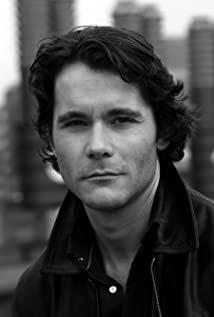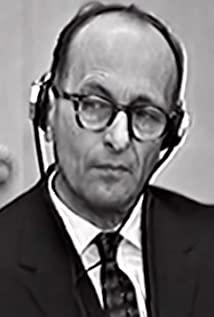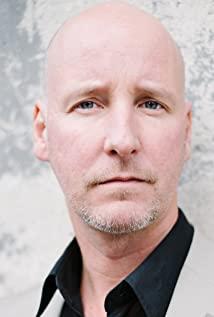I once read a little Hannah Arendt's "Revolt against the Evil of Mediocrity", and I have limited understanding ability, and I have not been able to read and understand this philosophy book very well. But the movie clearly illustrates the theory of banality as evil. If we are the trigger on a pistol, are we an instrument of murder? If it is the gunman who kills, can we swing our bodies recklessly and shoot bullets that take life away? We will justify ourselves that it was the gunman who pulled the trigger, but we who lost our self-awareness really didn't do evil?
In the film we see that what makes the Jews angry is not the "banality of evil" proposed by Hannah Arendt, but the fact that under this theory, Hannah Arendt stated that Jewish leaders also Loss of thought under the worst of evil, like a pull of a trigger, takes away the lives of fellow Jews. The Jews felt that Hannah Arendt was the traitor, who hurt the feelings of her fellow citizens and stopped judging whether she was right.
This is very similar to our current online language environment. There is no discussion of right and wrong about an event. It only asks who you support, and only sees where your feet stand. Facts don't matter, as long as you make a statement, you will either hug you or trample you. Sometimes it makes me feel that history is going backwards, but to compare the history in the movie, it may be that we have never stopped moving forward. The difference from the past is that people who are standing still have smartphones, and those who are stepping on want to move forward. human ability.
View more about Hannah Arendt reviews











